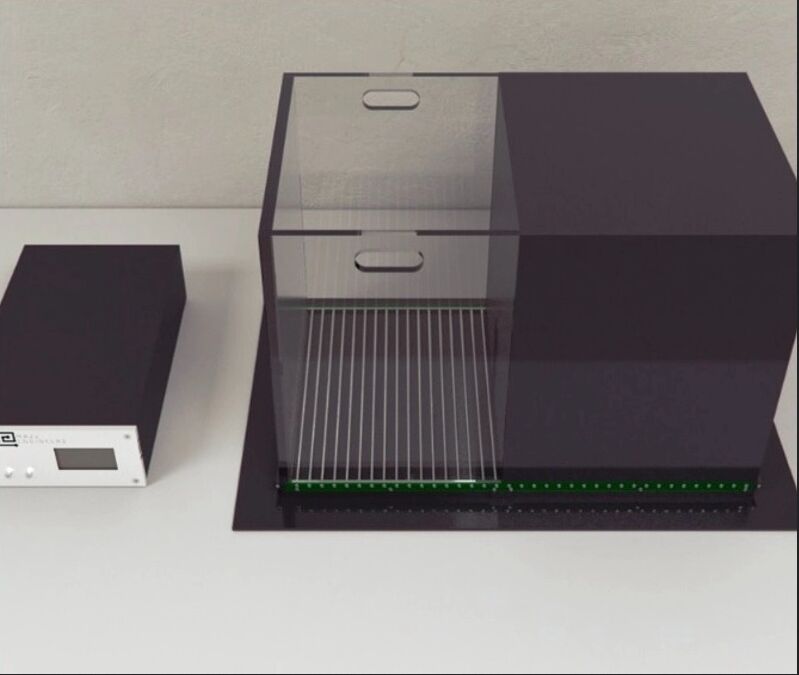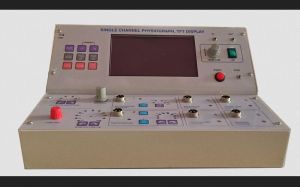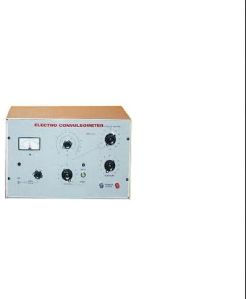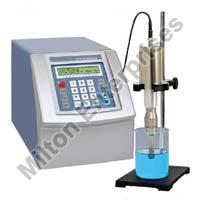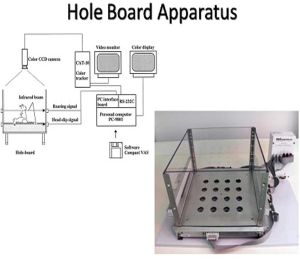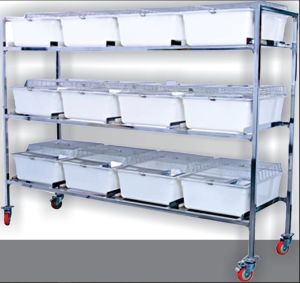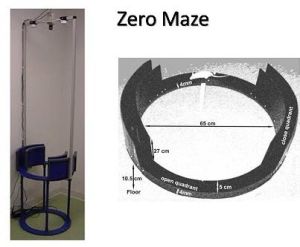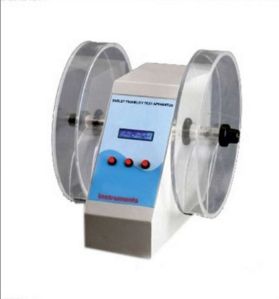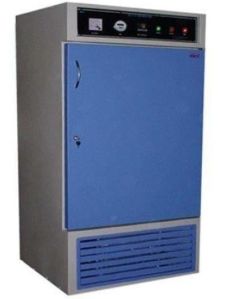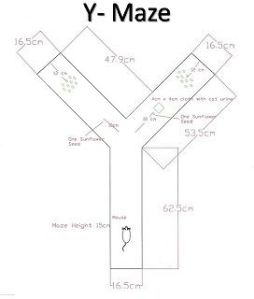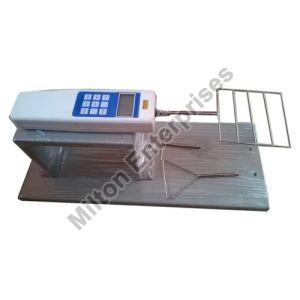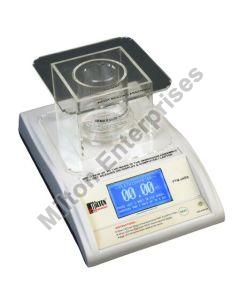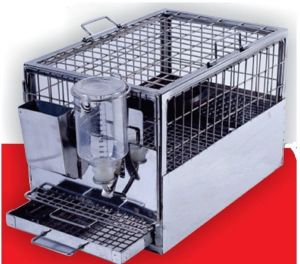login2le@gmail.com +91-9272111897, +91-9168129688
- Send SMS Send Email
| Business Type | Manufacturer, Exporter, Supplier |
| Brand Name | MILTON |
| Country of Origin | India |
Preferred Buyer From
| Location | Anywhere in India |
The Light and Dark Test, also known as the Light-Dark Box Test, is a behavioral assay used in pharmaceutical research to assess anxiety-like behaviors in rodents, specifically rats and mice. Here is how it is used and its significance in research: Assessment of Anxiety: The primary purpose of the Light and Dark Test is to evaluate anxiety-like behaviors in rodents. The test is based on the natural aversion of rodents to brightly lit areas and their preference for dark, enclosed spaces. This preference is linked to their instinct to avoid potential predators and open spaces. Test Setup: The apparatus typically consists of a box divided into two compartments: one brightly lit (light compartment) and the other dark (dark compartment). The light compartment is usually open and illuminated with bright light, while the dark compartment is enclosed and covered, providing a shaded area. Behavioral Measures: During the test, a rodent is placed in the middle of the apparatus, and its behavior is observed and recorded. Key behavioral measures include: Latency to Enter the Dark Compartment: The time taken for the rodent to enter the dark compartment from the light compartment. Time Spent in Each Compartment: The amount of time the rodent spends in the light compartment versus the dark compartment. Number of Transitions: The number of times the rodent moves between the light and dark compartments. Anxiolytic and Anxiogenic Drug Testing: The Light and Dark Test is commonly used to evaluate the effects of anxiolytic (anxiety-reducing) and anxiogenic (anxiety-inducing) compounds. Anxiolytic drugs typically increase the time spent in the light compartment and the number of transitions between compartments, indicating reduced anxiety. Conversely, anxiogenic substances reduce the time spent in the light compartment and the number of transitions. Studying Genetic and Environmental Factors: Researchers use the Light and Dark Test to study the impact of genetic modifications, environmental factors, and stress on anxiety-like behaviors. Comparing the behavior of genetically modified rodents with wild-type controls, or assessing the effects of environmental stressors, can provide insights into the biological and environmental determinants of anxiety. Behavioral Phenotyping: The test is part of a broader battery of behavioral assays used for phenotyping rodent models. It provides valuable data on anxiety-related behaviors, contributing to a comprehensive understanding of the behavioral phenotype of different strains or genetically engineered models. Mechanistic Studies: The Light and Dark Test can be used in combination with pharmacological interventions to investigate the underlying mechanisms of anxiety. By examining the effects of drugs that target specific neurotransmitter systems (e.g., serotonin, GABA), researchers can gain insights into the neurobiological pathways involved in anxiety. Validation of Animal Models: The test is used to validate animal models of anxiety disorders. By demonstrating that certain genetic, pharmacological, or environmental manipulations lead to anxiety-like behaviors in the Light and Dark Test, researchers can establish the relevance of these models for studying human anxiety conditions.
Looking for "LIGHT AND DARK TEST APPARATUS" ?
Explore More Products


